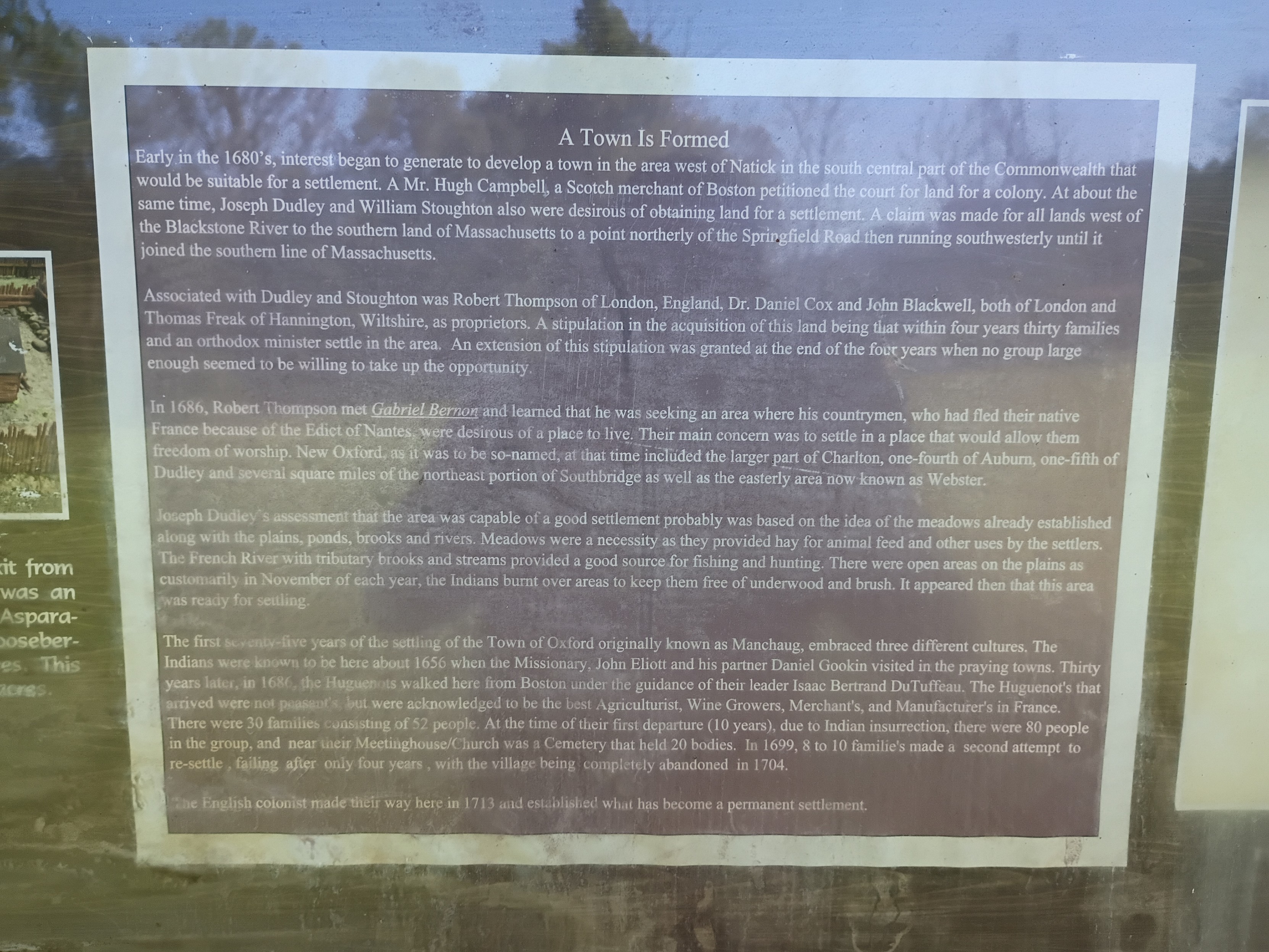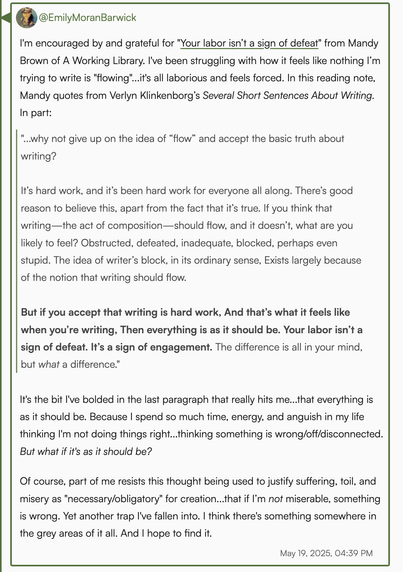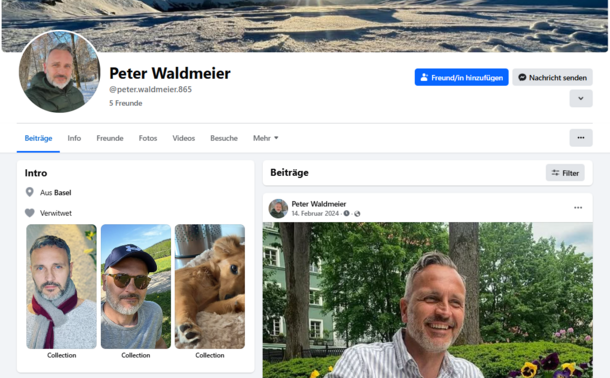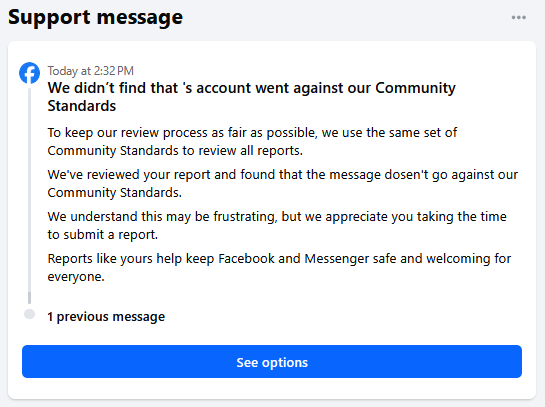2025-07-04 20:14:31
Long; central Massachusetts colonial history
Today on a whim I visited a site in Massachusetts marked as "Huguenot Fort Ruins" on OpenStreetMaps. I drove out with my 4-year-old through increasingly rural central Massachusetts forests & fields to end up on a narrow street near the top of a hill beside a small field. The neighboring houses had huge lawns, some with tractors.
Appropriately for this day and this moment in history, the history of the site turns out to be a microcosm of America. Across the field beyond a cross-shaped stone memorial stood an info board with a few diagrams and some text. The text of the main sign (including typos/misspellings) read:
"""
Town Is Formed
Early in the 1680's, interest began to generate to develop a town in the area west of Natick in the south central part of the Commonwealth that would be suitable for a settlement. A Mr. Hugh Campbell, a Scotch merchant of Boston petitioned the court for land for a colony. At about the same time, Joseph Dudley and William Stoughton also were desirous of obtaining land for a settlement. A claim was made for all lands west of the Blackstone River to the southern land of Massachusetts to a point northerly of the Springfield Road then running southwesterly until it joined the southern line of Massachusetts.
Associated with Dudley and Stoughton was Robert Thompson of London, England, Dr. Daniel Cox and John Blackwell, both of London and Thomas Freak of Hannington, Wiltshire, as proprietors. A stipulation in the acquisition of this land being that within four years thirty families and an orthodox minister settle in the area. An extension of this stipulation was granted at the end of the four years when no group large enough seemed to be willing to take up the opportunity.
In 1686, Robert Thompson met Gabriel Bernor and learned that he was seeking an area where his countrymen, who had fled their native France because of the Edict of Nantes, were desirous of a place to live. Their main concern was to settle in a place that would allow them freedom of worship. New Oxford, as it was the so-named, at that time included the larger part of Charlton, one-fourth of Auburn, one-fifth of Dudley and several square miles of the northeast portion of Southbridge as well as the easterly ares now known as Webster.
Joseph Dudley's assessment that the area was capable of a good settlement probably was based on the idea of the meadows already established along with the plains, ponds, brooks and rivers. Meadows were a necessity as they provided hay for animal feed and other uses by the settlers. The French River tributary books and streams provided a good source for fishing and hunting. There were open areas on the plains as customarily in November of each year, the Indians burnt over areas to keep them free of underwood and brush. It appeared then that this area was ready for settling.
The first seventy-five years of the settling of the Town of Oxford originally known as Manchaug, embraced three different cultures. The Indians were known to be here about 1656 when the Missionary, John Eliott and his partner Daniel Gookin visited in the praying towns. Thirty years later, in 1686, the Huguenots walked here from Boston under the guidance of their leader Isaac Bertrand DuTuffeau. The Huguenot's that arrived were not peasants, but were acknowledged to be the best Agriculturist, Wine Growers, Merchant's, and Manufacter's in France. There were 30 families consisting of 52 people. At the time of their first departure (10 years), due to Indian insurrection, there were 80 people in the group, and near their Meetinghouse/Church was a Cemetery that held 20 bodies. In 1699, 8 to 10 familie's made a second attempt to re-settle, failing after only four years, with the village being completely abandoned in 1704.
The English colonist made their way here in 1713 and established what has become a permanent settlement.
"""
All that was left of the fort was a crumbling stone wall that would have been the base of a higher wooden wall according to a picture of a model (I didn't think to get a shot of that myself). Only trees and brush remain where the multi-story main wooden building was.
This story has so many echoes in the present:
- The rich colonialists from Boston & London agree to settle the land, buying/taking land "rights" from the colonial British court that claimed jurisdiction without actually having control of the land. Whether the sponsors ever actually visited the land themselves I don't know. They surely profited somehow, whether from selling on the land rights later or collecting taxes/rent or whatever, by they needed poor laborers to actually do the work of developing the land (& driving out the original inhabitants, who had no say in the machinations of the Boston court).
- The land deal was on condition that there capital-holders who stood to profit would find settlers to actually do the work of colonizing. The British crown wanted more territory to be controlled in practice not just in theory, but they weren't going to be the ones to do the hard work.
- The capital-holders actually failed to find enough poor suckers to do their dirty work for 4 years, until the Huguenots, fleeing religious persecution in France, were desperate enough to accept their terms.
- Of course, the land was only so ripe for settlement because of careful tending over centuries by the natives who were eventually driven off, and whose land management practices are abandoned today. Given the mention of praying towns (& dates), this was after King Phillip's war, which resulted in at least some forced resettlement of native tribes around the area, but the descendants of those "Indians" mentioned in this sign are still around. For example, this is the site of one local band of Nipmuck, whose namesake lake is about 5 miles south of the fort site: #LandBack.
2025-07-07 01:38:13
Even if “AI” worked (it doesn’t), there’s many reasons why you shouldn’t use it:
1. It’s destroying Internet sites that you love as you use chat bots instead of actually going to sources of information—this will cause them to be less active and eventually shut down.
2. Pollution and water use from server farms cause immediate harm; often—just like other heavy industry—these are built in underprivileged communities and harming poor people. Without any benefits as the big tech companies get tax breaks and don’t pay for power, while workers aren’t from the community but commute in.
3. The basic underlying models of any LLM rely on stolen data, even when specific extra data is obtained legally. Chatbots can’t learn to speak English just by reading open source code.
4. You’re fueling a speculation bubble that is costing many people their jobs—because the illusion of “efficiency” is kept up by firing people and counting that as profit.
5. Whenever you use the great cheat machine in the cloud you’re robbing yourself from doing real research, writing or coding—literally atrophying your brain and making you stupider.
It’s a grift, through and through.
2025-05-04 12:34:09
"What Stroustrup wanted was apparently what a lot of people wanted: a language that provided OOP features, such as those offered by Smalltalk, but compiled into binaries that would execute as fast as an executable written in C.
The solution Stroustrup adopted was not to adopt the Smalltalk model, but instead to take inspiration from fellow Scandinavians and to bolt ideas borrowed from Simula into C."
2025-07-04 02:01:45
reading this anthology about #StopCopCity and one of the most interesting chapters talks about how the movement handled having a diversity of tactics. some people were writing op-eds, filing lawsuits, and pursuing a ballot measure. others were occupying the forest, burning bulldozers, and setting traps for the cops raiding them. the aboveground parts of the movement refused to condemn the under…
2025-06-29 22:26:54
I couldn’t sleep. My brain kept spinning: I brush my teeth at night. Then I don’t eat, I don’t drink, I just sleep. Nothing goes in my mouth. So why, when I wake up, do I brush my teeth again? I already did it! Nothing changed. It’s like someone decided mornings need a repeat, but my mouth is just as clean as before.
Sometimes I wonder, who decided this? Why do we all just do it, like it’s written in the sky or something? I like the feeling of brushing but not the taste of toothpaste, …
2025-05-26 05:59:37
Leider werden viele Leute keinen Widerspruch bei Meta eingelegt haben gegen die KI-Verwendung ihrer Facebook/Instagram-Daten, weil sie dachten "Boah, schon wieder so ein nutzloser Ich-widerspreche Post der nicht funktioniert."
Bin da wohl nicht ganz unschuldig dran, hab vor 11 Jahren einen Scherz gepostet, den viele nicht erkannten (siehe ab Zeile 10)
#Meta
2025-06-28 12:38:42
The might of the USA versus one man
#uspol
Trump’s Running Tab in the Abrego Garcia Case
Rather than admit a mistake, the Trump administration is trying to build a criminal case against Kilmar Abrego Garcia by cutting deals with felons, driving out federal prosecutors, and threatening to deport him again, @NickMiroff writes.
2025-05-21 01:51:16
Nothing I’m trying to write is "flowing"...it's all laborious.
I'm encouraged by "Your labor isn’t a sign of defeat" from @… wherein she quotes Verlyn Klinkenborg:
"if you accept that writing is hard work, And that’s what it feels like when you’re writing, Then everything is as it should be. Your labor is…
2025-05-16 14:37:46
I am astonished that the #Auschwitz-Birkenau Museum and Memorial
https://www.auschwitz.org/en/
still supports or at least has an account on X (Twitter). They have at least one account here. @…
I have written them to express my dismay and have urged them to drop their X account with no response. I believe that it would help if as many of us as possible would write them to express your feelings about this.
https://www.auschwitz.org/en/contact/
Please boost.
2025-06-16 12:44:19
Just received a friend request on Facebook by someone named Peter Waldmeier.
https://www.facebook.com/peter.waldmeier.865
He seemed such a nice person, I think he is a model in a Scandinavian country.
When I asked him why he was sending me a friend request he go…










